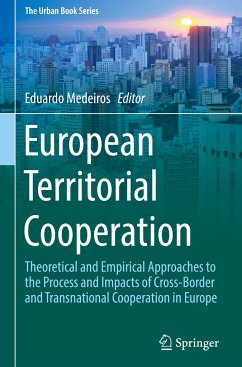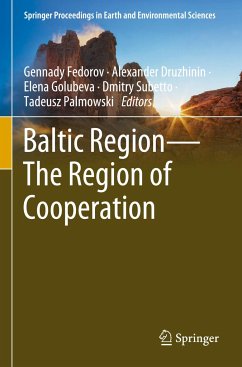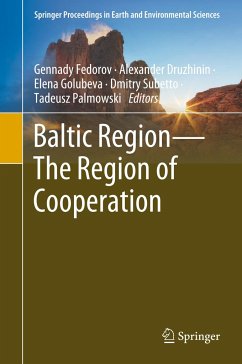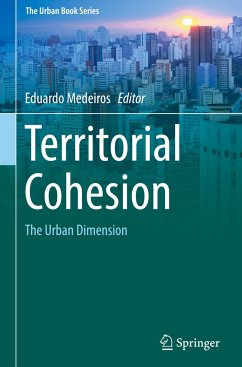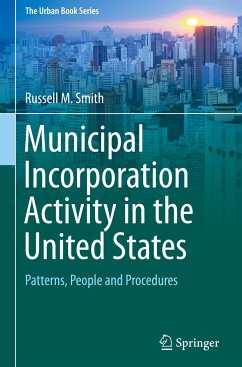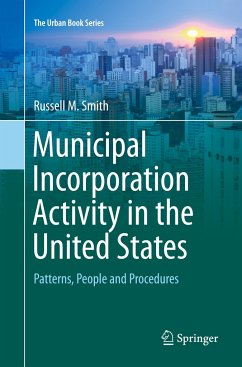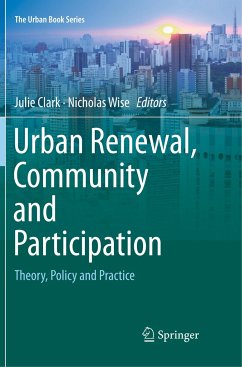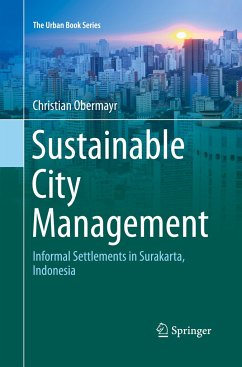
European Territorial Cooperation
Theoretical and Empirical Approaches to the Process and Impacts of Cross-Border and Transnational Cooperation in Europe
Herausgegeben: Medeiros, Eduardo
Versandkostenfrei!
Versandfertig in 1-2 Wochen
77,99 €
inkl. MwSt.

PAYBACK Punkte
39 °P sammeln!
This book fills an existing academic literature gap by providing a sound and synthetic analysis on the process of European Territorial Cooperation over the last 30 years. This follows from the support from the former EU INTERREG Community Initiative, since 1989, later transformed into the second main goal of EU Cohesion Policy, by 2007: European Territorial Cooperation - ECT. In order to present the ECT process in a more comprehensive manner, and to be the main literature reference regarding this process in the decades to come, this book is divided into four different sections and 12 chapters....
This book fills an existing academic literature gap by providing a sound and synthetic analysis on the process of European Territorial Cooperation over the last 30 years. This follows from the support from the former EU INTERREG Community Initiative, since 1989, later transformed into the second main goal of EU Cohesion Policy, by 2007: European Territorial Cooperation - ECT. In order to present the ECT process in a more comprehensive manner, and to be the main literature reference regarding this process in the decades to come, this book is divided into four different sections and 12 chapters. The first section summarizes the main impacts and added-value from ETC experiences while proposing the elevation of the ETC goals within EU Cohesion Policies. The second section addresses the process of cross-border cooperation, and namely its impact in reducing border obstacles and supporting ever growing number of cross-border entities. The third section elaborates on the second most important ETC process (transnational cooperation) with a similar approach. Finally, a last section debates the future scenarios for this process in Europe.



